Blog and Articles.
Tell Someone To ‘Kill Themselves” And You Could End Up In Jail
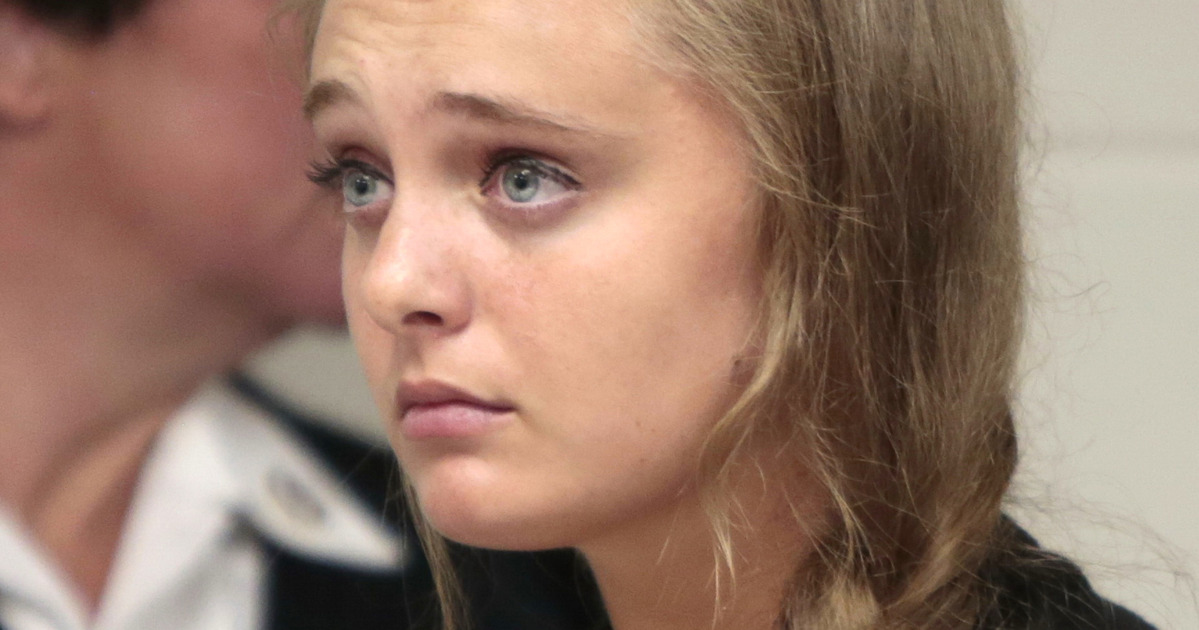
Michelle Carter was found guilty of involuntary manslaughter after telling boyfriend to kill himself
NEW BOOK SALUTES “100 MAKING A DIFFERENCE”

Celebrity photographer John Russo and philanthropist and entrepreneur Quinton van der Burgh who heads Generosity Water Africa have collaborated in a celebration of philanthropic individuals and organizations.
Rate of Cyberbullying Higher in Summer Months

Cyberbullying increases significantly over the summer months, coinciding with increased mobile device usage.
Will New Censorship Bills Increase Cyberbullying on Social Media?
Over the last few months, politicians in many states across America* have introduced and/or passed bills that allow individuals to file civil lawsuits against social media platforms that remove or restrict their online posts. In my home state of Florida, our governor recently signed such a bill into law (SB7072) to protect against “Silicon Valley elites,” “censorship,” and “other tyrannical behavior.” This is a big deal. We can all agree that we do not want our First Amendment rights to free expression to be limited unfairly when it comes to what we want to post and share on the Internet. We can all also agree that we do not want to be subjected to online hate, abuse, or other forms of harm because users of a platform are given no parameters or rules about appropriate social behavior, nor face any consequences for transgressions. But is there a happy medium to be found? Is the status quo good enough? Before I answer that, let us back up and contextualize the current controversy by...
Can Schools Discipline for Off-Campus Speech? The U.S. Supreme Court Weighs In
The U.S. Supreme Court has just released a highly anticipated opinion in the case of a Pennsylvania high school cheerleader who was suspended from the team for profanity about the team that was posted to Snapchat on the weekend. (If you are new to Mahanoy v. B.L., see my previous posts here and here.) We were primarily interested in this case because of the potential implications of the sweeping and unique opinion offered by the Third Circuit Court of Appeals, which intimated that schools have no authority whatsoever when it comes to disciplining student behavior or speech that occurs off-campus. The Supreme Court rightfully rejected this stance: “Unlike the Third Circuit, we do not believe the special characteristics that give schools additional license to regulate student speech always disappear when a school regulates speech that takes place off campus.” The Court ultimately did side with the student, but stopped short of providing a playbook for when schools can (or must)...
Some Things Never Change… Including, Apparently, T&Cs in Germany
With a judgment dated April 27 and published on June 4, 2021, the German Federal Court (Bundesgerichtshof – the “Court”) declared unfair and therefore illegal and unenforceable a common way to make changes to terms and conditions (“T&Cs”) used vis-à-vis consumers in Germany. For more information, read the full client alert.
The post Some Things Never Change… Including, Apparently, T&Cs in Germany appeared first on Socially Aware Blog.
Northern District of California Holds that Section 230 Applies to App Store
While Section 230 of the Communications Decency Act continues to face significant calls for reform or even elimination, the recent Coffee v. Google case illustrates that Section 230 continues to provide broad protection to online service providers. In Coffee, the Northern District of California invoked Section 230 to dismiss a putative class action against Google alleging various claims premised on the…
The post Northern District of California Holds that Section 230 Applies to App Store appeared first on Socially Aware Blog.
Click Yes to Accept: Fairness and Transparency in Consumer Contracts in Europe
Companies contracting with consumers have to take care to ensure their agreement terms are enforceable. In one of the first post-Brexit decisions on issues in an online consumer contract, a UK court recently showed that principles of fairness and transparency remain vital in the terms and conditions of consumer digital contracts. In Europe, drafting digital…
The post Click Yes to Accept: Fairness and Transparency in Consumer Contracts in Europe appeared first on Socially Aware Blog.
Mitigating User Content Risk After EU Copyright Directive
Partner Christiane Stuetzle, senior associate Patricia Ernst, and research assistant Susan Bischoff authored an article for Law360 covering how online content service providers must act to mitigate risks and avoid liability under the European Union’s Copyright Directive, created in an effort to strengthen the rights of copyright holders by making certain platforms that host user-uploaded content (UUC) liable for…
The post Mitigating User Content Risk After EU Copyright Directive appeared first on Socially Aware Blog.
Be an Ally for LGBTQ+ Youth This Pride Month
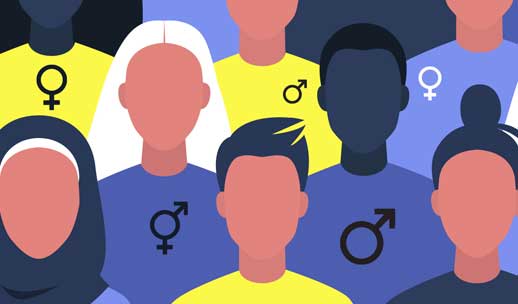
Stand Up Against Hate, Racism & Discrimination. Changing The Culture With Diversity, Inclusion, Equality, Equity, Civility And Unity Becomes Our Destiny
Draft EU Regulation for Artificial Intelligence Proposes Fines of up to 6% of Total Annual Turnover (client alert)
After the presentation of a general “European Approach to Artificial Intelligence” by the EU Commission in March 2021, a detailed draft regulation aimed at safeguarding fundamental EU rights and user safety was published today (“Draft Regulation”). The Draft Regulation’s main provisions are the following: A binding regulation for AI Systems (defined below) that directly applies…
The post Draft EU Regulation for Artificial Intelligence Proposes Fines of up to 6% of Total Annual Turnover (client alert) appeared first on Socially Aware Blog.
How To Support Marginalized Groups
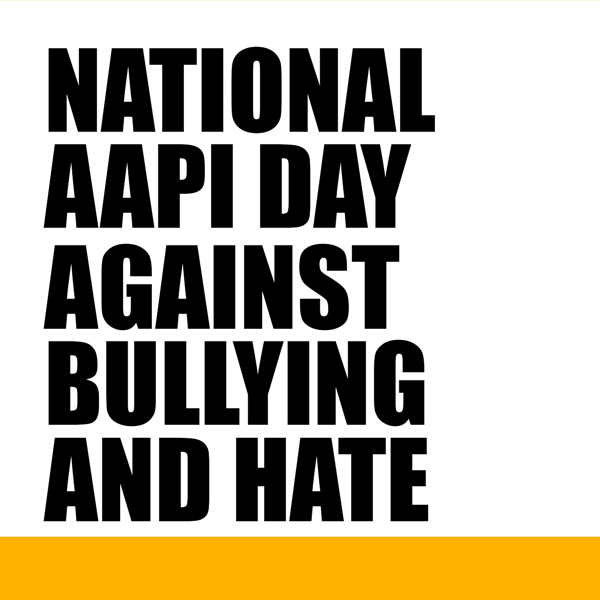
Be an Ally! Allyship can to marginalized groups can mean different things to different people, and can be tough to know where to start.
Ninth Circuit’s Snap Decision Limits Section 230 Immunity
A recent ruling by the Ninth Circuit Court of Appeals in Lemmon v. Snap provides a reminder that while Section 230 of the Communications Decency Act provides broad immunity to the owners and operators of websites and mobile apps, that immunity is not without limits. As a refresher, Section 230 provides that “[n]o provider or user of an interactive…
The post Ninth Circuit’s Snap Decision Limits Section 230 Immunity appeared first on Socially Aware Blog.
Celebrity Panelists Are Just Like You and Me
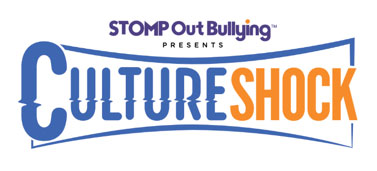
Stand Up Against Hate, Racism & Discrimination. Changing The Culture With Diversity, Inclusion, Equality, Equity, Civility And Unity Becomes Our Destiny
National Culture Week: Civil Unrest? Choose Civility

People around the world are asking about ‘civil unrest’. We instead encourage you to ask: how can we make the best of this unprecedented opportunity to join the conversation and make a positive difference – by choosing civility.
Mahanoy Area School District v. B.L: When Can a School Discipline a Student for Online Speech?
Yesterday I had the opportunity to participate in a panel to discuss the pending Supreme Court case Mahanoy Area School District v. B.L. Other panelists were Dr. Eric Kasper, a Professor of Political Science who teaches constitutional law at the University of Wisconsin-Eau Claire and who directs the Menard Center for Constitutional Studies, and Darpana Sheth, Vice President of Litigation for the Foundation for Individual Rights in Education. The panel was moderated by Dr. Tim Shiell, a professor of Philosophy at the University of Wisconsin-Stout. We discussed the potential implications of the case for student rights when it comes to off-campus/online speech. Each of us began with opening remarks. Below are mine. What do you think: Under what circumstances can/should/must a school respond to online student speech? When 14-year-old Brandi Levy didn’t make the varsity cheerleading squad as a sophomore at Mahanoy Area High School, she was pissed. She did what a lot of adolescents do: she...
Register for National Culture Week™
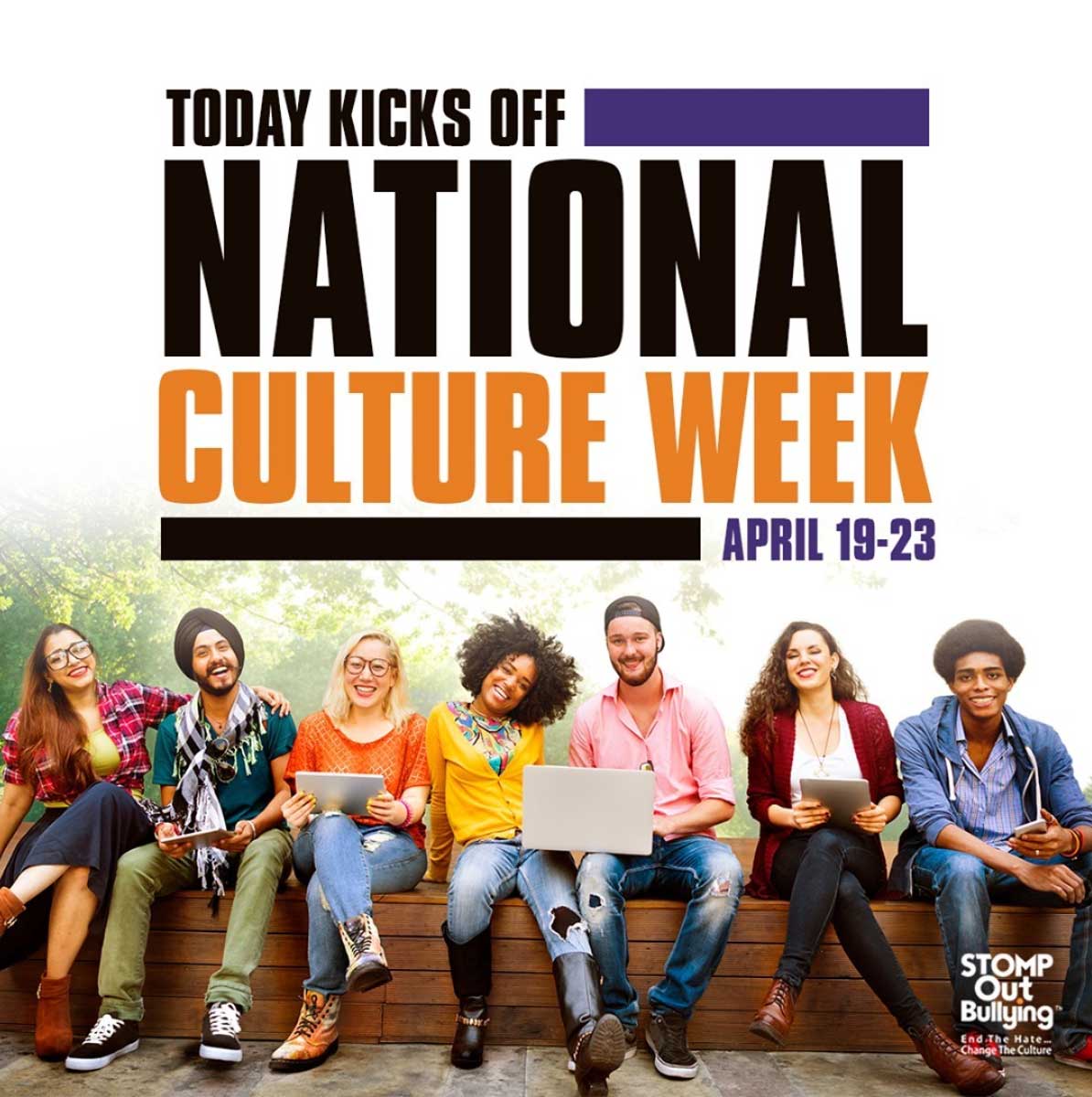
Stand Up Against Hate, Racism & Discrimination. Changing The Culture With Diversity, Inclusion, Equality, Equity, Civility And Unity Becomes Our Destiny
Much-Anticipated Supreme Court Ruling Limits the Telephone Consumer Protection Act’s Definition of an Autodialer
The Supreme Court has issued its much-anticipated ruling in Facebook v. Duguid, impacting many pending Telephone Consumer Protection Act (TCPA) cases nationwide and providing guidance to the many businesses that engage in calling and texting campaigns. The TCPA generally requires an individual’s prior consent to use an automatic telephone dialing system (an “autodialer”) to call…
The post Much-Anticipated Supreme Court Ruling Limits the Telephone Consumer Protection Act’s Definition of an Autodialer appeared first on Socially Aware Blog.
Developing a Positive School Climate to Prevent Bullying and Cyberbullying
[Note: To download a .pdf version of this resource, just click on the image above.] Spanish Translation Available Here Much research has shown that a positive school climate contributes to a variety of behavioral, emotional, and academic outcomes that educators hope to achieve. Our research demonstrates that students who report a positive climate at school also experience fewer problematic behaviors online. Here’s what you can do to improve your climate and not only enhance student achievement, success, and productivity, but also teach youth to be safe, smart, honest, and responsible while using technology. 1. PROMOTE AWARENESS. School staff should dedicate time in the classroom and via assemblies to educating students about all forms of bullying in order to raise awareness of the risks, possible school-based and legal penalties, and the emotional, psychological, reputational, and even physical harm that can result. Students should realize that even if they are not bullying others,...
A Teen’s View of Social Media in 2021
Hey everyone! Meet my friend Lucia – she is the perfect person to give you an updated perspective on how teens are using social media in 2021, based on her personal experiences and the observations she’s made among her peer group. I think she deeply understands the draw and attraction of particular apps, and has thought through some of the negative implications for user well-being and mental health. If you have any questions, please let me know and I’ll pass them on for Lucia to address in the Comments! ~Sameer Hi! My name is Lucia and I am currently a senior at a high school in South Florida. By just reading this you wouldn’t know that I wrote that sentence about an hour ago, before I took what I thought was going to be a “short” break on my phone. Social media is a portal that’s so easy to fall into when accessed. Whether we’re sending our friends memes on Instagram or posting our mouthwatering dinner on our Snapchat stories, social media connects each and every one of us in one...
“End to Cyber Bullying” (ETCB) is a non-profit organization aimed at combating cyberbullying in this modern age of advancing technology.
This multi-award-winning anti-cyberbullying nonprofit, provides expert help and advice for cyberbullying victims and their families.
The socially Aware Blog covers the law and business of social media around cyberbullying and online attacks.
If you or a loved one are currently being victimized online, you can always speak with a support advocate 24 hours a day.
For contact and press inquiries, please complete all fields below. I look forward to hearing from you and will get back to you shortly. - Raven
Influencer Articles:
Zoe Sugg Interview
Monica Lewinsky Interview
Chessie Kingg Interview
Cyber Bullying Resources:
Video about bullying
Government support website
Contact a support agent







